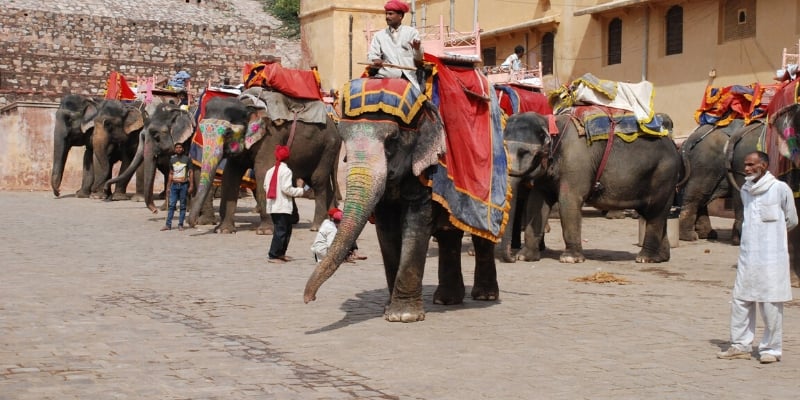PETA India Warns That ‘National Strategic Plan to End TB ‘ Ignores Transmission Risk From Animals
In response to the notice issued by the Ministry of Health and Family Welfare seeking stakeholder input in the draft “National Strategic Plan to End Tuberculosis in India 2020–2025”, PETA India’s states that without a plan to address the high prevalence of tuberculosis (TB) in animals, such as bovines and elephants, and its role in zoonosis (the spread of disease from animals to humans) and reverse zoonosis (the spread of disease from humans to other animals), the elimination of human TB in India is impossible.

We pointed out that according to recent scientific articles, 7.3% of India’s bovine population – an estimated 21.8 million cattle (including those used for dairy) – are infected with TB. We also cited an Indian study in which 12.6% of humans in one group were found to be carrying the bacterium that causes bovine TB. The consumption of raw milk was found to be a leading cause of infections. Other scientific studies indicate incidences of TB in elephants, sheep, pigs, chickens, and wild birds raised in captivity.
Screening each animal for TB has been deemed impractical – in fact, no TB disease surveillance is conducted on animals in India. In addition, diagnosis of TB is difficult in animals; treatment of animals for TB is ineffective and costly; prevention and control of TB in animals is impossible, as there’s no effective vaccine available; and there have been cases of reverse zoonosis, which creates more hosts for the bacteria.
Elephants at Amer Fort near Jaipur have tested reactive for TB and were still used for joy rides, putting tourists at risk. PETA India has requested that the Central Tuberculosis Division (CTD) advise the Ministry of Fisheries, Animal Husbandry and Dairying to prohibit the exhibition and training of elephants for performances, including joy rides and other human-animal interactions, since these are not considered necessary under the law. The CTD should also advise the Ministry of Health and Family Welfare to issue a public health warning about the risk of contracting TB from raw milk consumption, which may be especially common in rural areas.
A 2018 Animal Welfare Board of India evaluation report on captive elephants used for rides in Jaipur states that 10% of them were found to be reactive for TB. A scientific study of 600 elephants in southern India indicates a high prevalence of asymptomatic M tuberculosis infection. Another study found human-to-elephant and elephant-to-human transmission of M tuberculosis between mahouts and captive elephants. In addition, a recent paper confirmed TB caused by reverse zoonosis in three wild elephants in southern India.







